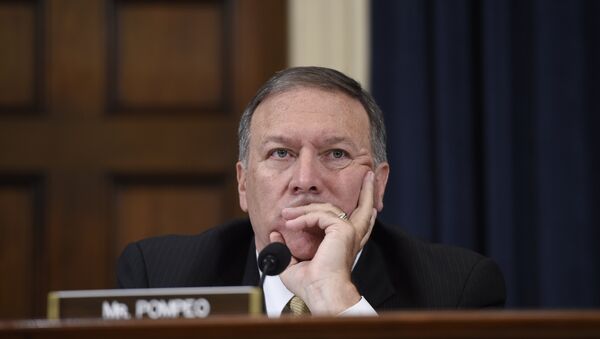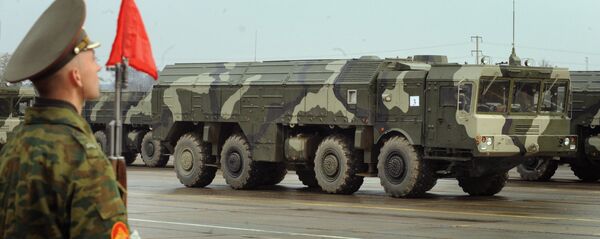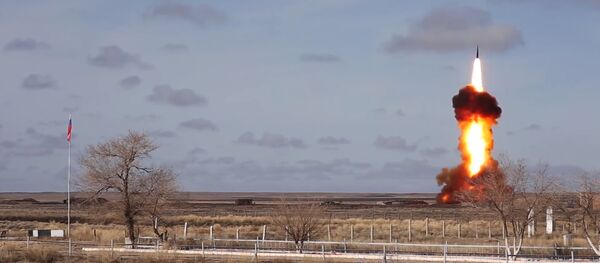Radio Sputnik discussed this in more detail with Dr Mark Gubrud, adjunct assistant professor in peace, war and defence at the University of North Carolina.
Sputnik: What is your take on the conditions that were put forth by the United States, by Mike Pompeo? Is this a typical Trump deal-making approach, or do you see something deeper at the root of this?
Sputnik: Who is interested in saving the treaty at this point in time?
Dr Mark Gubrud: Is it possible to save the treaty? I think it is; it's a question of political will and I don't know if that will is there on either side. But I would think professionals within the State Department have been trying to save the treaty.
The United States has been noting the Russians testing this missile, this disputed missile, whose Russian designator is 9M729 and NATO calls it the SSC-8, but this has been tested and developed since 2008 and the US has repeatedly raised the issue with Moscow and hasn't really gotten anywhere. Bolton may have seen this issue sitting there on the shelf and saw an opportunity to raise it and got the president to make a statement that we were going to walk out of the treaty.
READ MORE: US's INF Move Could Prove Fatal for Arms Control Treaties — Int'l Law Assoc.
Sputnik: Can you talk about what consequences will ensue if we do see the US unilaterally pulling out of the INF treaty?
Dr Mark Gubrud: From the United States point of view, almost nothing will change on the US side, but probably Russia will then be free to go ahead and continue to deploy more of these same missiles and others with intermediate range, which are more useful to Russia than to the United States.
As far as extending the treaty to China or other countries, the same problem arises that different countries are at different geographical situations, and basically, the INF treaty would ban a huge number of China's missile force and they're just not going to agree to that.
Sputnik: They've already come out and said they're not going to do that. But many people are saying that actually China was the target of this, they were hoping that Russia would put pressure on China in some way?
Dr Mark Gubrud: That may be somebody's thinking, I don't think that's good thinking at all, for a number of reasons. First of all, again, the United States is not likely to be able to base large numbers of intermediate-range missiles, either in Europe or in any of our Asian allies, that would threaten China. Rather the US tends to base these things on submarines and ships at sea; that has the advantage that you can move them wherever you feel you need them at any given time.
READ MORE: Ex-Pentagon Analyst: US INF Ultimatum Part of Plan to Boost Nuke Arms Industry
Sputnik: Do you think that this move by the US to sort of put forward this ultimatum to Russia, which it is essentially is, is going to impact US-Chinese relations?
Dr Mark Gubrud: I don't know how it impacts US-Chinese relations except that, yet again, it paints the United States as non-cooperative, as an aggressor. This move really does not make any sense from the point of view of US interests. One point of view on the INF Treaty is that the reason there's been no progress on this issue over all these years is that Russia would be happy to get rid of it, but it wants the US to be the one to make that call, it wants the blame to be on the United States.
READ MORE: Putin: Russia Opposes Destruction of INF Treaty, But Will React in Proper Manner
The views expressed in this article are solely those of Dr Mark Gubrud and do not necessarily reflect the official position of Sputnik.





